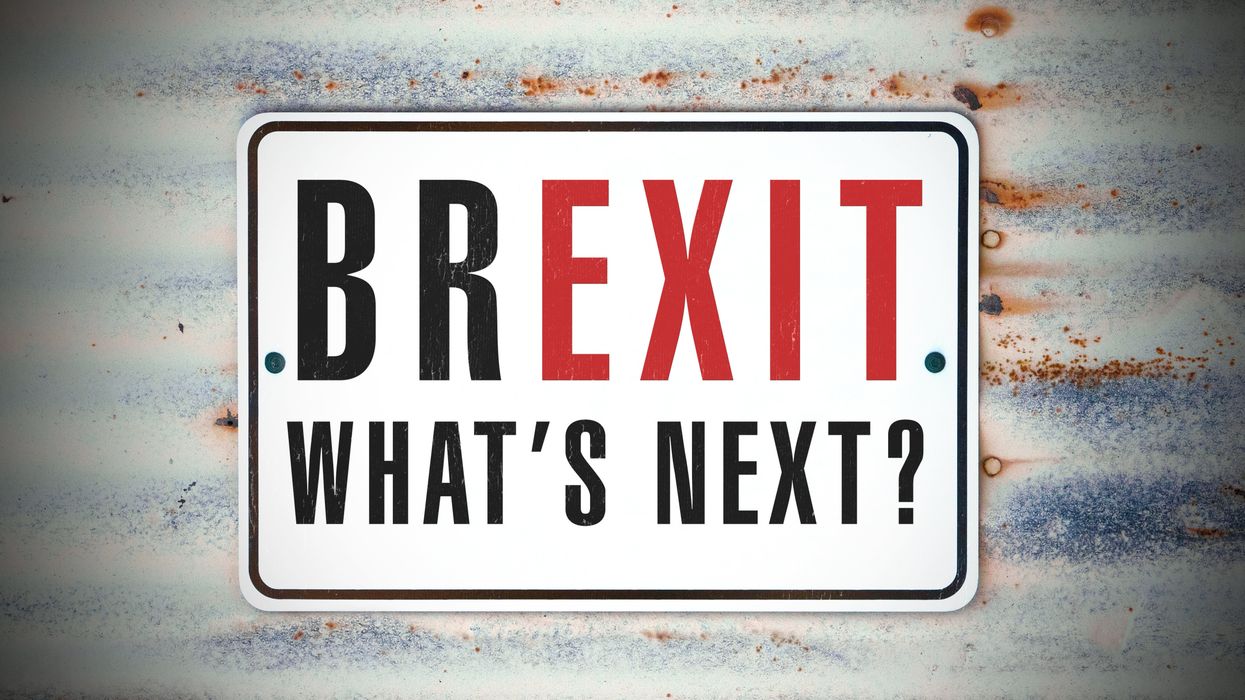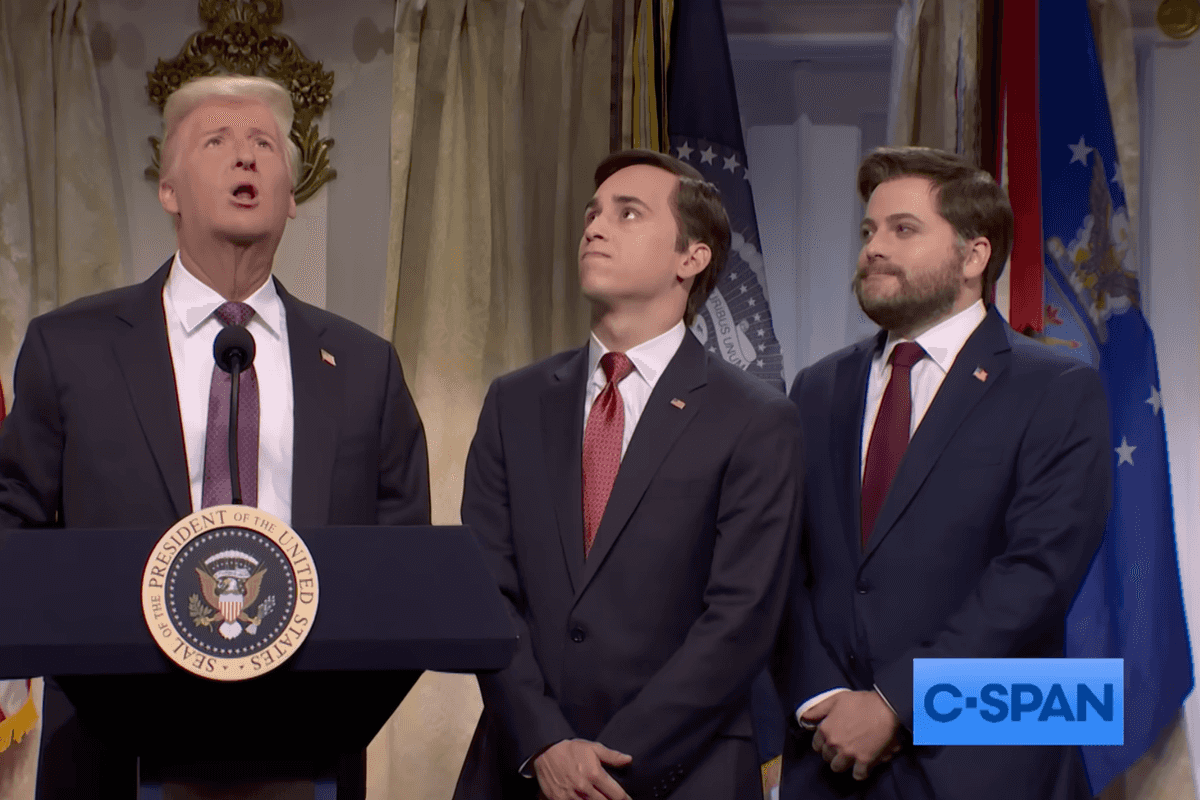LBC host James O’Brien wants to challenge the perception that all Remainers are desperate for Brexit to fail.
The radio presenter, who has long criticised Brexit, made a passionate monologue on his show about why those who want to stay in the EU will not gloat if the country collapses.
He explained how, at least in his case, there would be no “Schadenfreude” if things go horribly wrong.
In his monologue, O’Brien said: “Let me tell you something about being a prominent Remoaner. We really, really want this to go well.”
He continued: "There will be no Schadenfreude, satisfaction or happiness in seeing our country and our children's futures compromised even more than they already have been.”
O’Brien did admit that not every Remainer would agree with him.
Rather graphically, he explained: “There will be people who see it as the equivalent to rubbing an incontinent dog's face in its own excrement to teach it not to poo on the carpet again. I get that.”
To back the point he was making, he gave the example of Nissan’s car plant potentially closing in Sunderland because of Brexit. He argued that if it was to close there would be “no opportunity for gloating” because many people would lose their jobs.
Even if it stays open, he said, there’d equally be no reason to smile. O’Brien said this was because “Brexit has already done untold damage to our economy and our world standing”.
He continued: “It’s going to be nuts the next few months, possibly years.”
The radio host then mentioned the supposed benefits Brexit voters were persuaded with, such as an additional £350m a week for the NHS and an increased ease of frictionless trading.
He reflected on this, saying:
“What possible good is there in me sitting here and laughing at you or mocking you or criticising you?”
He placed the blame on people who lied, such as the media, rather than on those who believed Brexit misinformation when they voted.
In 2020, it’s rare to hear nuance like this, and we’re here for it.














